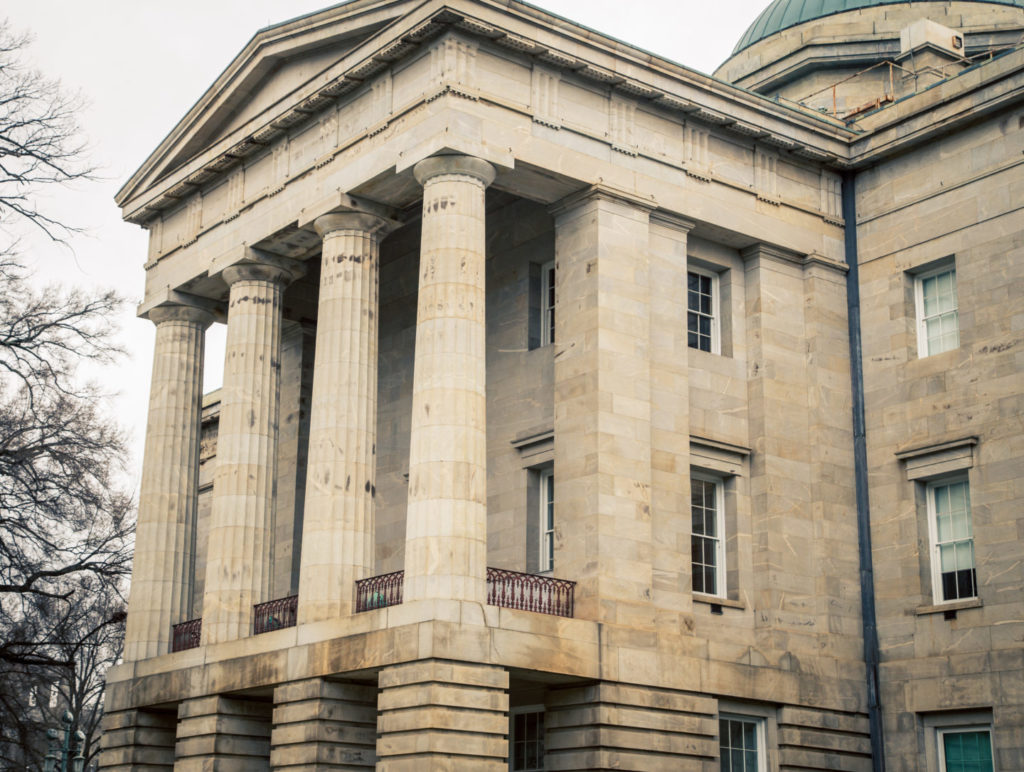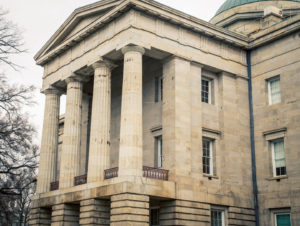North Carolina House passes bill to regulate virtual public and charter schools
(The Center Square) – The North Carolina House recently passed legislation to regulate virtual public and charter schools, though not without concerns from both sides of the aisle.
Senate Bill…

(The Center Square) – The North Carolina House recently passed legislation to regulate virtual public and charter schools, though not without concerns from both sides of the aisle.
Senate Bill 671, sponsored by Sen. Michael Lee, R-New Hanover, cleared the lower chamber on June 10 with a vote of 73-22 to set regulations for virtual education, remote academies, and virtual charter schools. SB 671 now moves back to the Senate.
Proponents of the bill framed the legislation as a means to ensure instruction delivered to students virtually meets their educational needs by setting basic rules and guidelines for schools.
“We just went through virtual education with COVID. It’s been kind of like the wild, wild West. People were doing whatever, however, whenever with this subject,” said Rep. Jeffrey Elmore, R-Wilkes, according to The Carolina Journal. “What COVID has shown us is that the role of virtual education is going to be permanent from here on out with our educational offerings. Since that is true, we need to put some parameters around it to ensure that the students are getting the best delivery of instruction as possible.”
The bill would remove a sunset clause that allows all public schools to provide a limited amount of remote instruction each year in lieu of in-person instruction due to weather closures or other emergencies, and would allow schools offering virtual instruction this year to continue next year.
The legislation would also permit schools to establish new remote academies to provide instruction primarily online starting in the 2023-24 school year. The remote academies would require parental consent and would be limited to 15% of a district’s student enrollment.
SB 671 stipulates mandates for hardware and software provided to students learning remotely, as well as procedures for operation and evaluation overseen by the State Board of Education. The bill would further convert two virtual charter schools in the state’s virtual charter school pilot program to 5-year charters, with the possibility of extending the charters for a 10-year renewal in 2027.
Democrat and Republican lawmakers voiced concerns about the bill ahead of the floor vote on Thursday, arguing the timeline for approval was too short. SB 671 was reported favorable from the Committee on Rules, Calendar, and Operations of the House as a substitute bill on Wednesday.
“It’s a little rushed. I haven’t even seen this until this morning,” said Rep. Larry Pittman, R-Cabarrus, according to the Journal. “I haven’t had time to digest this. I do have some concerns about what happened the last couple of years. When schools got shut down, we all know, whether you want to admit it or not, that education suffered doing this virtual stuff. This needs a lot more consideration than we can do today on it.”
Rep. Abe Jones, D-Wake, likened the bill’s passage to force feeding his children.
“When the baby gets too much food in their mouth, they’ll spit it out because they can’t take it that fast,” he said. “I can’t digest it that fast.”
Other lawmakers supported SB 671 for addressing students who do not learn well in a classroom setting.
“We’ve got to have opportunities for students to learn in ways that fits them best, fits their family situation best,” said Rep. David Willis, R-Union, according to the Journal. “Not all kids are designed to be in the classroom, sitting there for several hours a day in that same type of system we’ve had for 30 years.”



